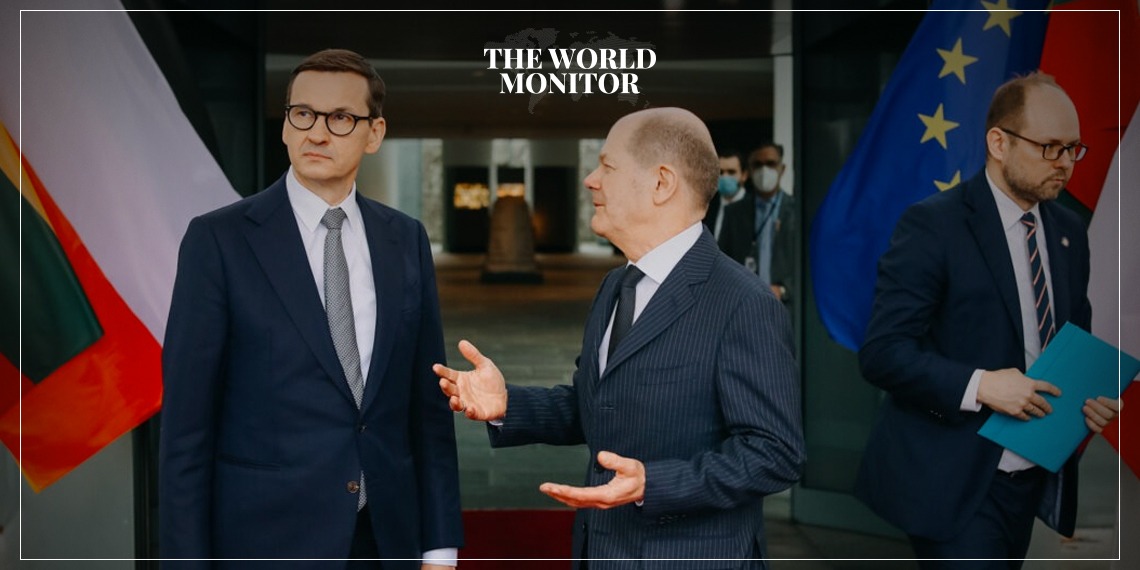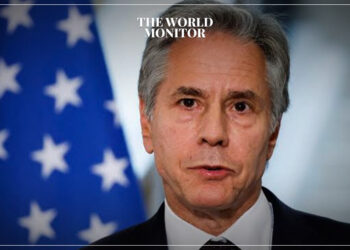Poland’s Foreign Minister Zbigniew Rau has accused Germany of trying to interfere in his country’s internal affairs.
This came after German Chancellor Olaf Scholz stated that Warsaw needs to clarify allegations that Polish consulates in Africa and Asia sold temporary work visas to migrants for thousands of dollars each.
Meanwhile, Poland’s right-wing ruling party, Law and Justice, is facing questions about the alleged scheme ahead of an Oct. 15 national election in which it is seeking a third term in power.
Earlier this week, Scholz called on neighboring Poland to provide clarification of what was happening.
“I don’t want people to just be waved through from Poland and only for us to have a discussion about asylum policy afterward,” Scholz said according to the German news agency DPA.
On his part, Rau commented on X, formerly Twitter, that Scholz’s statement “violates the principles of the sovereign equality of states.”
The Polish minister appealed to Scholz “to respect Poland’s sovereignty and refrain from statements that damage our mutual relations.”
Last week, German Interior Minister Nancy Faeser highlighted that Germany was considering creating short-term border checks with Poland and the Czech Republic to help control the number of migrants entering the country.
Faeser underlined that developing temporary police checks at border crossings would help Germany prevent the smuggling and trafficking of people.
She added that the increased border checks would need to be combined with random police checks that are already being carried out.
It is worth highlighting that Germany, Poland, and the Czech Republic belong to Europe’s visa-free zone, commonly known as the Schengen Area.
Poland’s Defense Minister Mariusz Błaszczak voiced his country’s opposition to Germany securing a permanent seat on the United Nations Security Council.
Błaszczak underscored Poland’s reservations regarding the proposal introduced by Ukrainian President Volodymyr Zelensky.
Minister Błaszczak characterized Zelensky’s suggestion as “somewhat bizarre” and a “major disappointment” from Poland’s perspective. He highlighted historical contexts, reminding listeners that Germany did not initially come to Ukraine’s aid during the large-scale Russian invasion in February 2022. This stance further underlines the complex dynamics in European diplomatic relations given the challenges posed by Russia.






